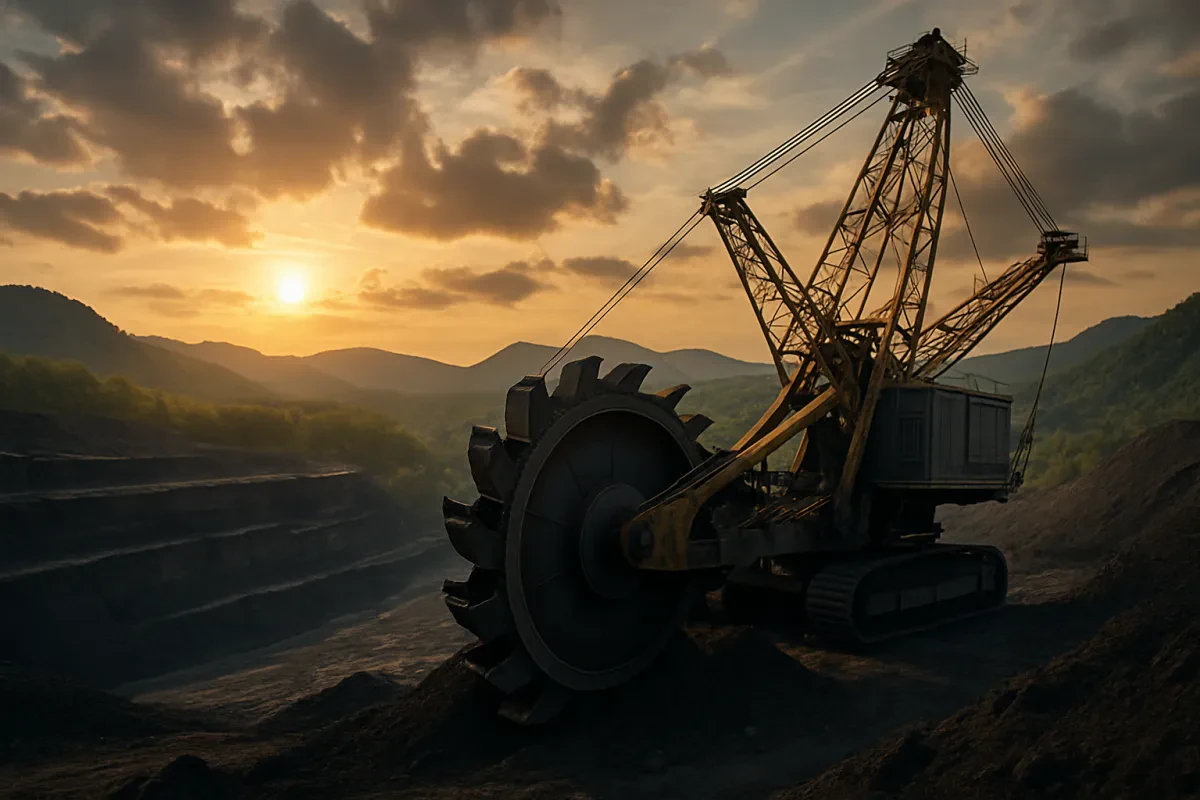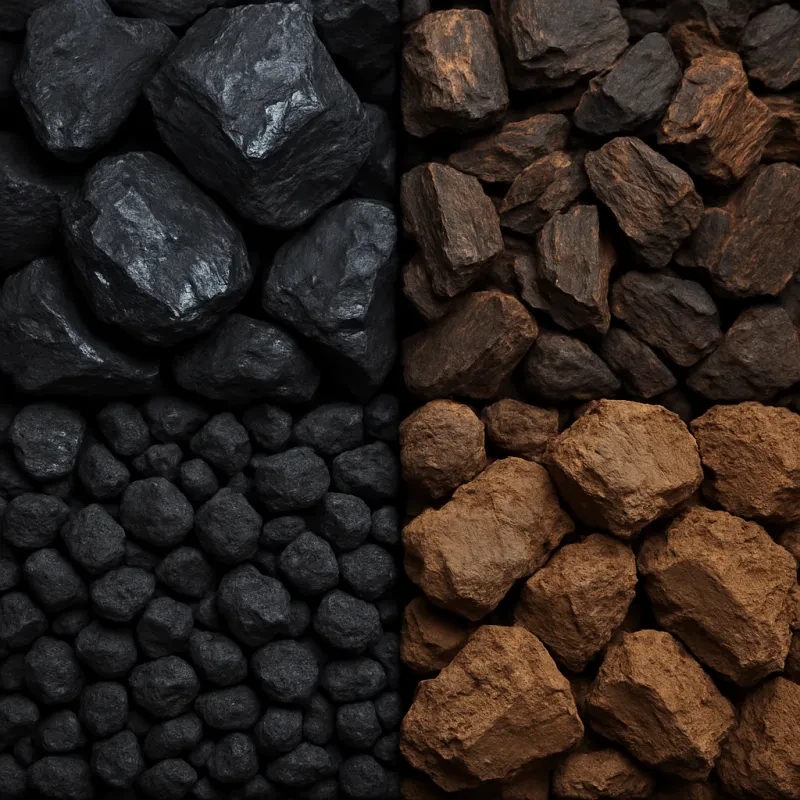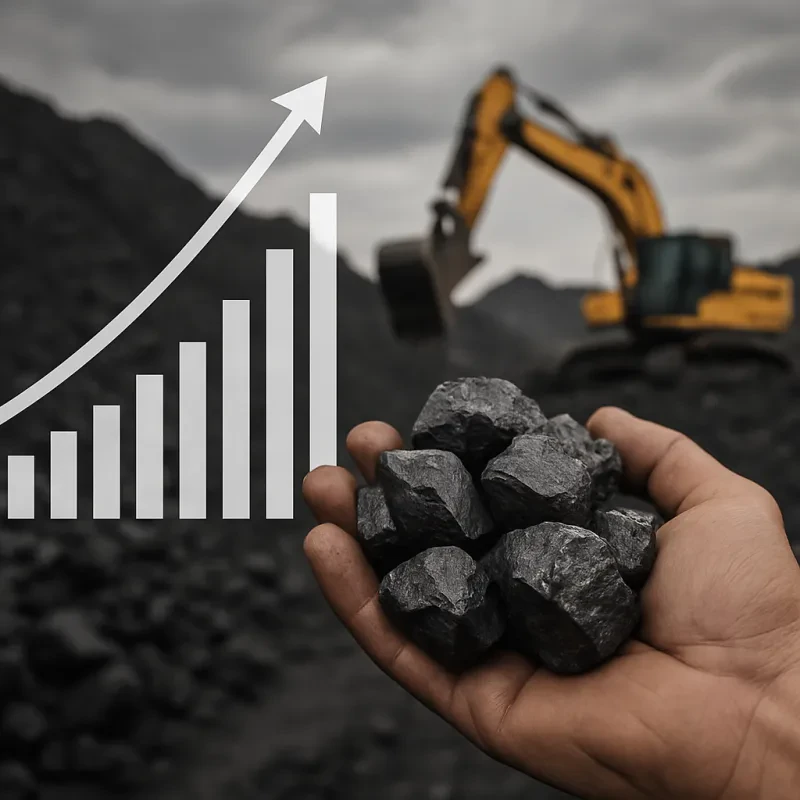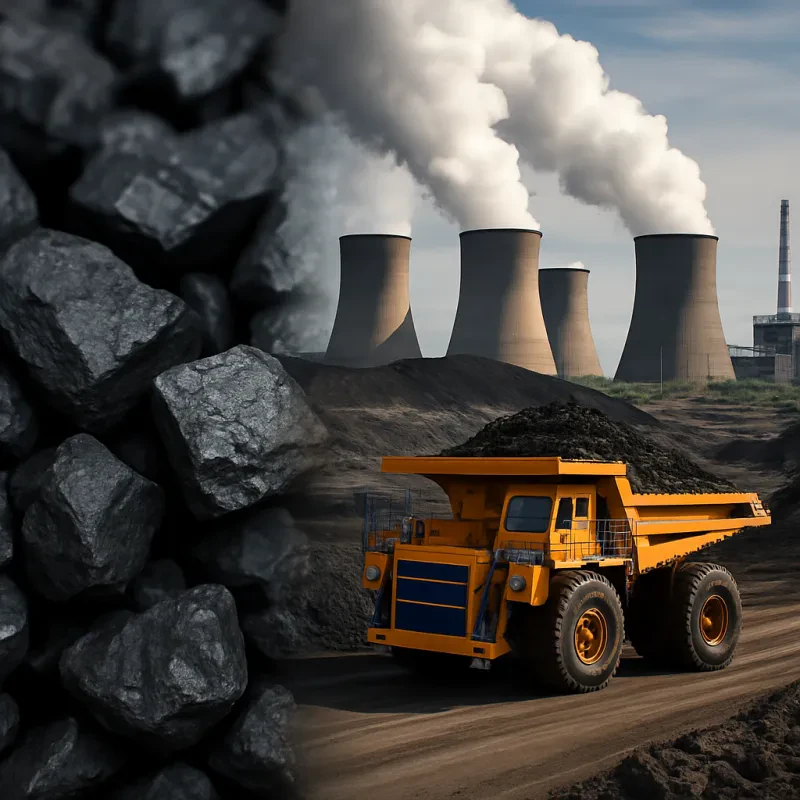Coal mining in West Virginia is changing and keeping up with the times. A big trend shaping the future of coal mining in West Virginia is technology. Companies are adopting innovative equipment and techniques that make mining safer and more efficient. Drones and smart sensors are helping monitor mines, making sure everything runs smoothly. It’s like having an extra set of eyes, checking on things from above while workers focus on getting the job done.
Another important trend is sustainability. There’s a real push towards reducing the carbon footprint of coal mining. Many companies are looking at ways to minimize waste and improve energy efficiency. For example, using renewable energy sources to power mining operations is gaining traction. This also means the future of coal mining in West Virginia will likely involve cleaner methods of extraction, which can benefit the environment and the community.
Regulatory changes also play a role in shaping the future of coal mining in West Virginia. Rules are constantly evolving, and miners have to adapt. Being compliant with these regulations not only helps protect the environment but also promotes a positive image of the coal industry. People want to see responsible practices that support both workers and the local economy.
Finally, community involvement is becoming more significant. Local communities are taking an active interest in mining operations. Transparency and collaboration between miners and residents lead to better relationships and shared goals. It’s all about finding a way to keep the coal industry thriving while also looking out for the interests of the people living in those areas.
New Technology in West Virginia Mines
West Virginia is buzzing with excitement as new technology transforms coal mining into a safer and more efficient operation. With the Future Of Coal Mining In West Virginia in mind, companies are stepping up their game. They're using advanced machinery and digital tools that make a real difference in the mining process.
For example, automated equipment is becoming a game-changer. Machines can now operate remotely, which keeps workers out of harm's way. This tech not only reduces the risk of accidents but also increases productivity. Just imagine a scenario where workers can control machines from a safe distance while still getting the job done efficiently!
Then there’s the use of drone technology. Drones help with mapping and inspecting mining sites, giving real-time data that used to take days to gather. Now, operators can quickly assess the conditions and make decisions on the fly. This kind of quick response is vital for optimizing operations and ensuring safety on the ground.
Don’t forget about data analytics. By leveraging big data, mining companies can analyze patterns, predict equipment failures, and improve maintenance schedules. All this contributes to smoother operations, fewer delays, and ultimately better productivity, keeping the Future Of Coal Mining In West Virginia bright.
Eco-Friendly Practices in Coal Industry
The future of coal mining in West Virginia is not just about extraction anymore; it’s about doing things the right way. As the world shifts focus to sustainability, the coal industry is stepping up with eco-friendly practices. These changes not only benefit the environment but also help local communities thrive.
One big area of improvement is land reclamation. After mining a site, companies are now focusing on restoring the land to its former glory. They’re planting trees, creating wetlands, and ensuring wildlife can flourish. This not only brings back the beauty of West Virginia’s landscapes but also supports the ecosystem.
Carbon capture technology is another game changer. It helps reduce the number of greenhouse gases released into the atmosphere. This way, coal can still play a role in our energy mix without contributing as much to climate change. It’s a step in the right direction for ensuring a greener future of coal mining in West Virginia.
Companies are also embracing renewable energy sources. Many mines now incorporate solar panels and wind turbines into their operations. This mix not only lessens reliance on fossil fuels but also provides a glimpse into a balanced energy future. The future of coal mining in West Virginia can bring together traditional energy methods and greener solutions, which is pretty exciting.
Finally, the industry is tapping into better waste management practices. By reducing and recycling waste, coal mining operations can lessen their impact on the environment. This means cleaner water and air for everyone involved. These efforts show that the future of coal mining in West Virginia is not only about keeping the lights on but also about being good stewards of the land.
Challenges Facing Coal Miners Ahead
The coal mining industry in West Virginia is tough, and it faces some serious challenges. First off, there's the issue of environmental regulations. With the push for cleaner energy, new laws are popping up that make it harder to mine coal. Miners need to adapt to these changes quickly, balancing their work with the need to protect the earth. This means finding ways to operate that don’t harm the environment while still getting the job done.
Another big challenge is the competition from alternative energy sources. Renewable energy like wind and solar is becoming more popular. This shift impacts coal demand, which puts pressure on miners who depend on coal for their jobs. They need to watch these trends closely, or they might find themselves in a tough spot. Staying informed about shifts in the market and looking for new opportunities is essential for anyone in the industry.
Then there’s the workforce issue. Many experienced miners are retiring, and fewer young people are stepping in to take their place. This shortage means that existing workers are often stretched thin, leading to safety concerns. Keeping the workforce safe and trained is crucial for the future of coal mining in West Virginia. Companies need to invest in training and attract new talent to keep the industry alive.
Finally, changes in technology can either be a help or a hindrance. While new tools can enhance efficiency and safety, they can also make older skills less relevant. Miners face the challenge of learning to use advanced tech while still handling traditional mining practices. Embracing these changes is necessary to ensure they remain competitive and ready for whatever comes next.



